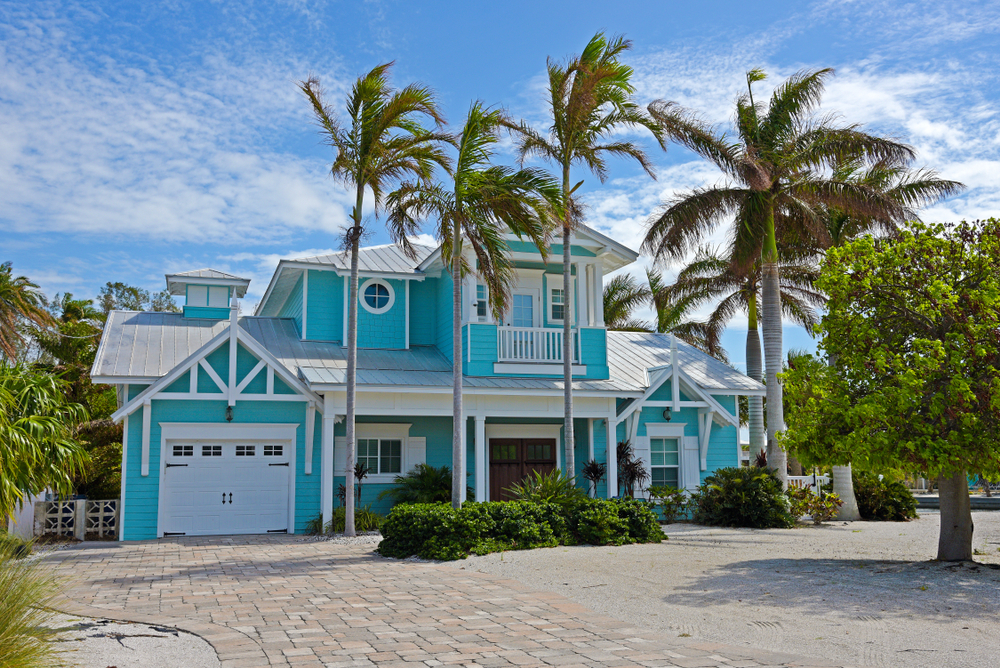Lawmakers Blame Law Enforcement for High Florida Insurance Rates

According to a recent Tallahassee Democrat article, the last five years have seen an explosion of lawyers, unlicensed public claims adjusters, and restoration companies that are posing as loss consultants to target and deceive homeowners who have had their homes damaged by hurricanes and other severe weather in Florida.
These scammers show up in neighborhoods that have been hit offering gift cards and rebates to homeowners who will sign an assignment of benefits (AOB) form. These forms basically sign over their insurance benefits to the scammers who use the leverage to eventually sue the homeowners insurance company.
Unfortunately, all of these scammers have impacted legitimate public claims adjusters, and the Florida Association of Public Insurance Adjusters (FAPIA) is looking to lawmakers for help. “These business people hold themselves out as ‘licensed’ and ‘compliant public adjusters’ when they are neither,” said Paul Handerhan, president of the Federal Association for Insurance Reform in the recent Tallahassee Democrat article.
The FAPIA claims that scammers are thriving in Florida because the state agencies who are supposed to investigate and prosecute these types of scams are not doing enough to investigate the complaints that are coming into the office. “I am shocked at how many complaints were filed over the years with no action,” said Karen Schiffmiller, president of the association in the Tallahassee Democrat article.
The number of unlicensed adjusters has gone up dramatically in recent years, thanks in part to the hurricane activity that Florida has seen in recent years. These unlicensed adjusters have pushed up the cost of insurance for all homeowners and some insurers are pulling out of the market altogether.
Something has got to be done,” Handerhan said in the Tallahassee Democrat article, “Carriers are restricting their business and not issuing new policies because it has become unprofitable.”
Licensed adjusters have a fiduciary responsibility to homeowners
The Florida Legislature recently created a new section of state statute that is designed to help protect homeowners from unlicensed adjusters. It makes it a third-degree felony punishable by up to $5,000 and five years in prison for a person who is unlicensed to solicit homeowners or offer to prepare or file insurance claims for policyholders. Licensed public insurance adjusters have a fiduciary responsibility to their clients are the only ones who can legally file a claim for a homeowner. There are currently 2,100 licensed adjusters in Florida.
“I am concerned that our anti-fraud efforts are increasingly unable to keep up with massive increases in insurance fraud and abusive practices,” state Sen. Jeff Brandes said in a July letter to then-Senate President Bill Galvano, R-Bradenton.
Over the last decade, Florida has seen a dramatic increase in insurance fraud as law firms have formed alliances with contractors and vendors to defraud homeowners. “These schemes have become so blatant that the judiciary is starting to take action,” Brandes said in his letter.
The concern is that these scammers have been organizing to scam homeowners. The Florida Supreme Court recently suspended two lawyers from a Coral Gables law firm who had filed thousands of fraudulent, first-party property claims against insurance companies.
Insurance companies are starting to fight back, Citizens Property Insurance Corporation (Florida’s insurer of last resort) has filed suit against the same Coral Gables firm. They are using the RICO laws that prosecutors use against organized crime families.
While these lawsuits are necessary and a good start, Brandes feels that the state agencies who are responsible for investigating and prosecuting this type of fraud are not being aggressive enough. “Our fraud-fighting mechanisms are not meeting the problem of increased homeowner’s insurance fraud,” Brandes said in the Tallahassee Democrat article.
As an example of lax enforcement, Brandes points out that from fiscal year 2014-15 to 2018-19, referrals for property insurance fraud have risen by a cumulative 109%. However, there has not been an increase in the number of arrests or prosecutions.
A Look at the numbers
The number of fraud referrals to the Division of Investigations and Forensics at the Department of Financial Services more than doubled from 2014-15 to 2019-20 with a total of 8,392 fraud cases referred to the agency.
The majority of the referrals came from the following counties:
The most common referrals were for non-storm related water damage, roofing and windstorm damage, as well as third party representations. Unfortunately, of those 8,400 cases, a mere 979 fraud cases were actually initiated. The numbers get even worse when you look at how many were successfully prosecuted. Out of 500 cases that were initiated only 129 went to prosecution with 97 being successfully prosecuted.
Some of the barriers to prosecution according to the division include poor documentation and recordkeeping by the insurance company as well as insufficient evidence. Referrals were dismissed most commonly due to a lack of evidence, or an ability to address all the factors needed to solve a case.
Timelines seemed to be an issue as well. State law allows referrals to stay open for 180 days without become a case. Almost half the referrals extended past the 180-day period without a decision being made on the case. The division claims that staffing is a problem with there not being enough licensed investigators to handle the number of referrals. They have a 19% vacancy statewide with hiring being difficult because the state salaries are not competitive.
Lawmakers want increased enforcement
Lawmakers feel the issues is an enforcement one, not a legislative issue. “The feeling is that statutes already on the books would provide adequate protection if they were enforced,” Handerhan said in the Tallahassee Democrat article.
There have been a few suggestions recommended to the Senate committee to help reduce fraud and help investigators prosecute scammers. These suggestions include:
- Amending required elements insurance companies must provide in fraud referrals
- Allowing the state to audit insurance company investigative units
- Modifying fees for attorneys
- Reducing the statute of limitations for hurricane/windstorm claims.
